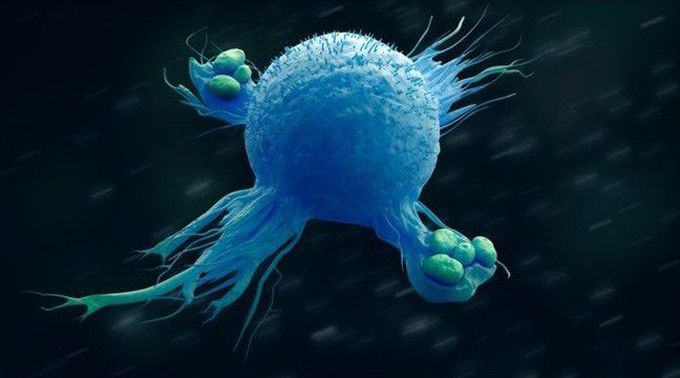


The next generation anti-inflammatory drugs.
Inflammation is our body's natural protective response against harmful stimuli, be it damaged cells, irritants, or pathogens. Immune cells, blood vessels, and molecular mediators are involved in this response. The use of inflammation is to clear out harmful stimuli, clear out damaged tissues, and leads the area to recover, but sometimes this response is too much, leading to more harm than good, which can be observed currently in Covid-19 patients. The job of anti-inflammatory drugs is to keep the inflammatory response from becoming overly stimulated thereby leading to hospitalization or even death. Research into genes involved in inflammation has led to the discovery of a drug-like inhibitor that can block a gene that is involved in the upregulation of CD-14. CD-14 is present in macrophages and it is used for the detection of pathogens and induce inflammation in the area to kill it. Further clinical trials will be needed to test the safety and effectiveness of this compound in solving problems related to inflammation, but a good step in the right direction, nonetheless. References:- 1. Walter and Eliza Hall Institute. "Potential new target to combat inflammatory diseases." ScienceDaily. ScienceDaily, 20 November 2020. <www.sciencedaily.com/releases/2020/11/201119103044.htm>. 2. Image Credit: urfin/Shutterstock.com

